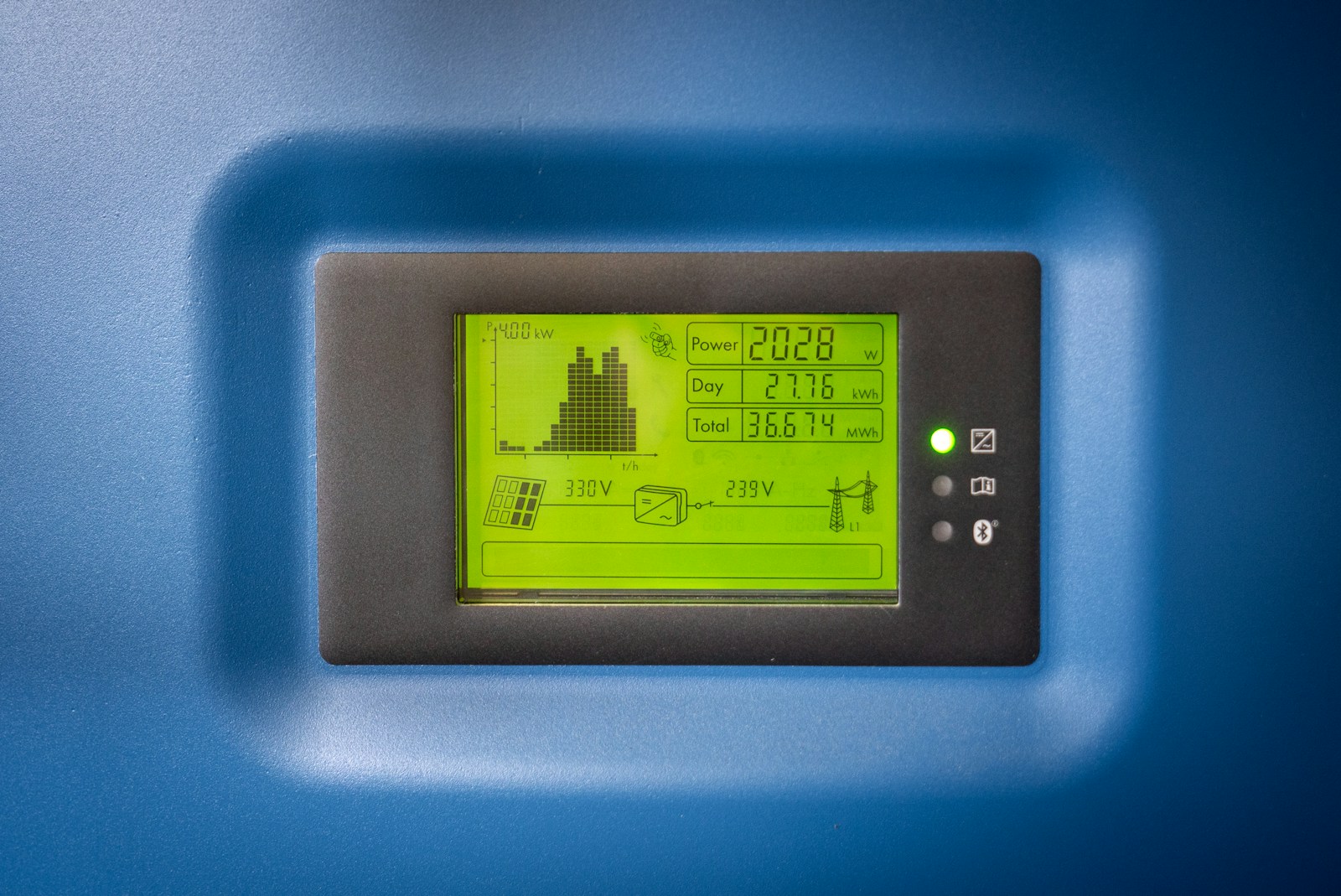In today’s world, where energy consumption is a major concern, it is important for individuals and businesses to find ways to monitor and manage their energy usage. This is where energy monitoring systems come into play. These systems provide real-time data on energy consumption, allowing users to identify areas of inefficiency and make informed decisions to reduce their energy footprint. In this blog post, we will explore the benefits of energy monitoring systems and how they can contribute to a more sustainable future.
Increased Energy Efficiency
One of the key benefits of energy monitoring systems is their ability to increase energy efficiency. By providing real-time data on energy usage, these systems enable users to identify areas of high consumption and take appropriate actions to reduce it. For example, if a business notices that their lighting system is consuming a significant amount of energy during non-working hours, they can adjust the settings or implement an automated system to turn off the lights when not needed. This not only reduces energy waste but also leads to substantial cost savings.
Cost Savings
Energy monitoring systems can help individuals and businesses save money on their energy bills. By closely monitoring energy consumption patterns, users can identify peak usage times and take steps to reduce it. For instance, if a household realizes that their energy usage is highest during certain hours, they can schedule activities such as laundry or dishwashing during off-peak hours when electricity rates are lower. Additionally, energy monitoring systems can detect appliance malfunctions or inefficiencies, allowing users to take prompt action and avoid unnecessary expenses.
Environmental Sustainability
In the face of climate change and limited natural resources, it is crucial for us to adopt sustainable practices. Energy monitoring systems play a significant role in promoting environmental sustainability. By providing users with detailed insights into their energy usage, these systems encourage responsible energy consumption and conservation. When individuals and businesses have access to real-time data on their energy footprint, they are more likely to make conscious decisions to reduce it. This can include using energy-efficient appliances, implementing renewable energy sources, or adopting energy-saving habits, all of which contribute to a greener and more sustainable future.
Conclusion
Energy monitoring systems offer numerous benefits, ranging from increased energy efficiency and cost savings to environmental sustainability. By providing real-time data and insights, these systems empower individuals and businesses to take control of their energy consumption and make informed decisions. As we strive towards a more sustainable future, adopting energy monitoring systems is a crucial step in reducing our carbon footprint and preserving our planet for future generations.
